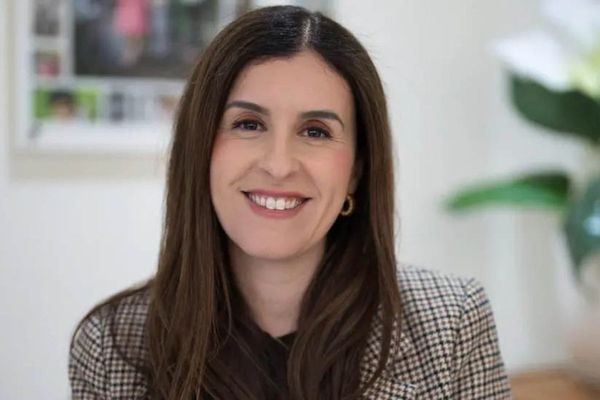Leslie Schultz, a Ngadju elder from Western Australia's Goldfields, has just returned from New York.
His distinctive wide-brimmed hat, which has served him well under the harsh outback sun, accompanied him in pale spring light as he took in the sights — the Brooklyn Bridge, the Statue of Liberty and Central Park.
But there was something missing in the city air, which smelt like the hot dogs he liked.
"Nothing beats the natural bushland," Mr Schultz quipped of his time in the Big Apple.
"It's all in the wind, and the birds in the wind.
"You are breathing … there's nothing like it."
It was other winds — the winds of change — that brought Mr Schultz to New York.
As chair of Ngadju Conservation Aboriginal Corporation, he was one of the Australian delegates at the 22nd session of the United Nations Permanent Forum on Indigenous Issues.
More than 1,000 First Nations leaders travelled to the United Nations headquarters in late April for the largest international gathering of Indigenous peoples.
"You could see the globe just by looking around at the people and their costumes," Mr Schultz said.
"It's a sense of empowerment when you see global representatives come together."
Indigenous solutions to global problems
In all their diversity, symbolised by the variety of headgear and languages, Indigenous representatives are faced with similar challenges.
The strong connection Indigenous peoples have with the land and its resources makes them vulnerable to the effects of climate change, the focus of this year's UN forum.
Mr Schultz, who leads the Ngadju ranger program and was instrumental in setting up the Dundas Fire Brigade, is on the frontline of the fight against climate change.
The Ngadju rangers work to manage fires and protect the eucalyptus woodlands, shrublands and salt lakes for the benefit of all.
Mr Schultz said the global threat of climate change had not been caused by Indigenous people, but could be mitigated by them.
"We are one of the axes to the solution. We always have been, for thousands of years," he said.
A voice overseas, a whisper at home
Mr Schultz is glad to see that, at an international level, there is a push to implement Indigenous concepts and ideas, which have proven effective.
Australia led the way with the bush ranger programs, but, he said, it lagged behind other countries in giving a voice to its First Nations people.
At the UN forum, Mr Schultz met separately with representatives from New Zealand, Canada and the United States, countries that have negotiated treaties with their native people.
"Australia doesn't have a treaty, we are at the end of the line," he said.
While Mr Schultz was heard as part of a global Indigenous voice at the UN, he said First Nations Australians didn't have a seat at the table in their own country.
"We want to bring the solutions to the table, but we can only bring them if we're invited to talk," he said.
A say on the future
Mr Schultz said Australia was profiting from Indigenous land rich in gold, nickel, lithium and other resources, including the sun and wind.
On Ngadju land, a globally significant hydrogen project is planned.
He believes the Voice to Parliament referendum could enable Indigenous Australians to promote the country's progress.
"We want to get a better deal than what we had with the mining era of the past, and work towards a better solution into the renewable industry," he said.
Mr Schultz sees the referendum as an opportunity for Australia to grow, and make its Indigenous population part of the solution to global challenges, from climate change to renewables.
This opportunity, he said, could be granted only by the Australian people, and not the politicians in Canberra.
In the 1967 referendum, Kalgoorlie, the outback town where Mr Schultz was born, returned the highest "no" vote in WA, the state least in favour of the proposed amendments.
Mr Schultz hopes the result of this year's referendum will give him confidence to step up into the international arena.
"The best thing that can happen is that you give Indigenous people a voice, globally, nationally," he said.
"We need one here in Australia."







